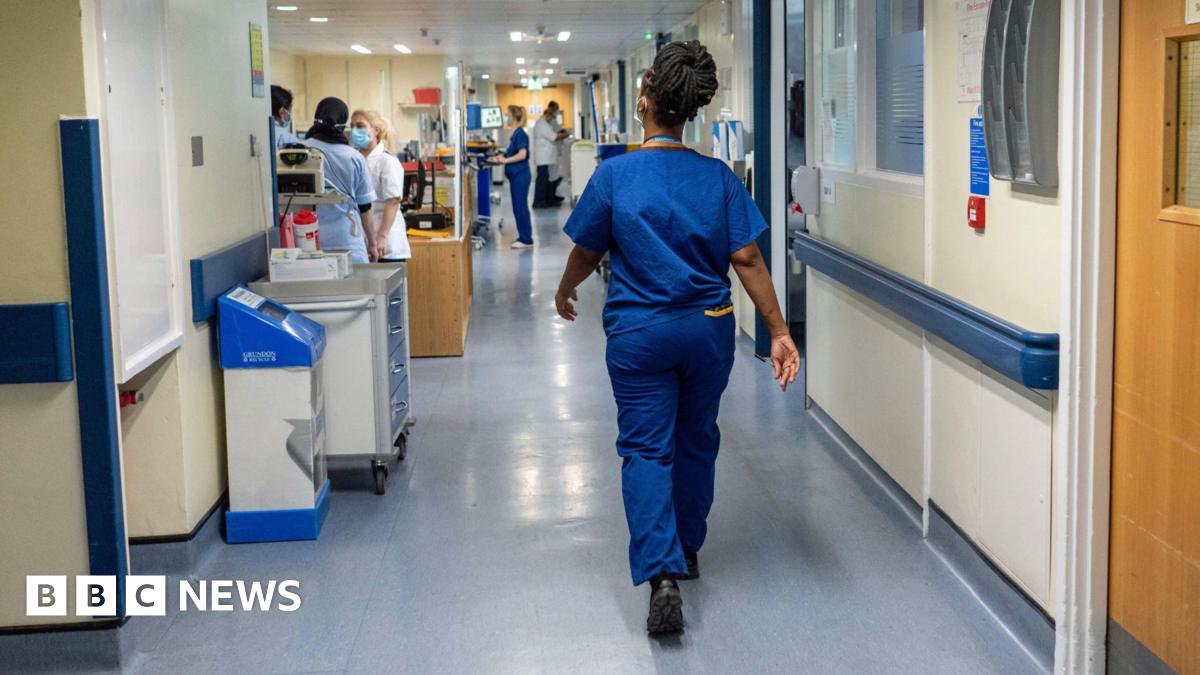Jersey Could Save Nearly £29 Million by Preventing Diseases Before They Need Treatment
Walking through the streets of St. Helier, one can observe a vibrant community enriched by its history and international flavor. However, shadows lurk behind the island’s picturesque facade. A new report by Jersey’s director of Public Health, Professor Peter Bradley, reveals a staggering potential for cost-saving in healthcare through preventive measures, painting a stark picture of the public health landscape.
The Financial Imperative for Prevention
In the annual report, Professor Bradley outlines that a mere 5% reduction in preventable diseases could lead to savings of £28.8 million—a remarkable figure for an island with a population just shy of 110,000. Even a modest 1% decrease could yield £5.7 million, indicating a profound economic incentive to prioritize health initiatives.
“Investing in prevention is the bedrock of a sustainable health system,” Professor Bradley stated. “The long-term benefits of preventing diseases like obesity, diabetes, and heart conditions far outweigh the initial costs of implementing these programs.”
The Cost of Inaction
The report warns that conditions linked to lifestyle choices—such as obesity, smoking, and alcohol consumption—could lead to a chronic increase in hospitalizations. Bradley foresees a staggering 40% rise in the number of days spent in hospital by 2053 if no proactive measures are taken. This could overwhelm local healthcare services, putting additional strain on the workforce and resources.
- Obesity: Linked to a rise in diabetes and heart ailments.
- Smoking: Major contributor to respiratory and cardiovascular diseases.
- Alcohol: Can lead to liver diseases and mental health issues.
- Low Household Income: Frequently correlates with poorer health outcomes.
Dr. Emilia Richard, a public health expert based in Jersey, emphasizes the urgency of this issue. “If we do not address these preventable illnesses now, we will find ourselves in a never-ending cycle of treatment and expense,” she cautions. “Education and sustainable practices are essential for breaking this cycle.”
Aging Population and Rising Demand
The demographic landscape of Jersey paints a concerning picture. With a significant portion of the population approaching retirement age, there is an escalating need for health and social care services. Professor Bradley highlights how preventive strategies could ultimately alleviate pressure on the healthcare system.
“As our population ages, we anticipate an increase in demand for essential services like GP appointments and hospital bed days,” he pointed out. “By investing in preventive health measures now, we can mitigate that rising tide.”
Effective Interventions and Community Engagement
This strategic approach calls for targeted interventions at various levels of society. Preventive healthcare can be established through a combination of community programs, public awareness campaigns, and healthcare system reform. For instance, initiatives to promote healthy eating and active living can dramatically reduce obesity rates.
Professor Richard notes that initiatives like community fitness programs and nutritional education have shown promise in other regions. “In similar demographics, we’ve seen a 15% decline in obesity rates after implementing a community-based fitness initiative over two years,” she asserts, citing a study conducted in the U.K.
Creating robust prevention frameworks may involve:
- Community workshops educating families about nutrition.
- Investment in recreational areas to encourage physical activity.
- Free health screenings to foster early detection of chronic conditions.
- Partnerships with local businesses for health incentives.
Looking Toward Sustainable Solutions
As Jersey grapples with these pressing public health challenges, the importance of collaboration cannot be overstated. Educational institutions, local businesses, and government agencies must unite to champion health outcomes that extend beyond treatment, focusing on prevention.
In a time when healthcare costs threaten to outpace economic growth, Jersey’s potential to save millions through early interventions is not just a financial opportunity—it’s a moral imperative. As Professor Bradley aptly summarizes, “The health of our community should never be a question of economics. It is about lives, well-being, and the sustainability of our future.” Through a concerted focus on prevention, Jersey can aspire to protect not only its budget but also the health of its citizens, paving the way for a brighter, healthier future.
Source: www.bbc.co.uk


